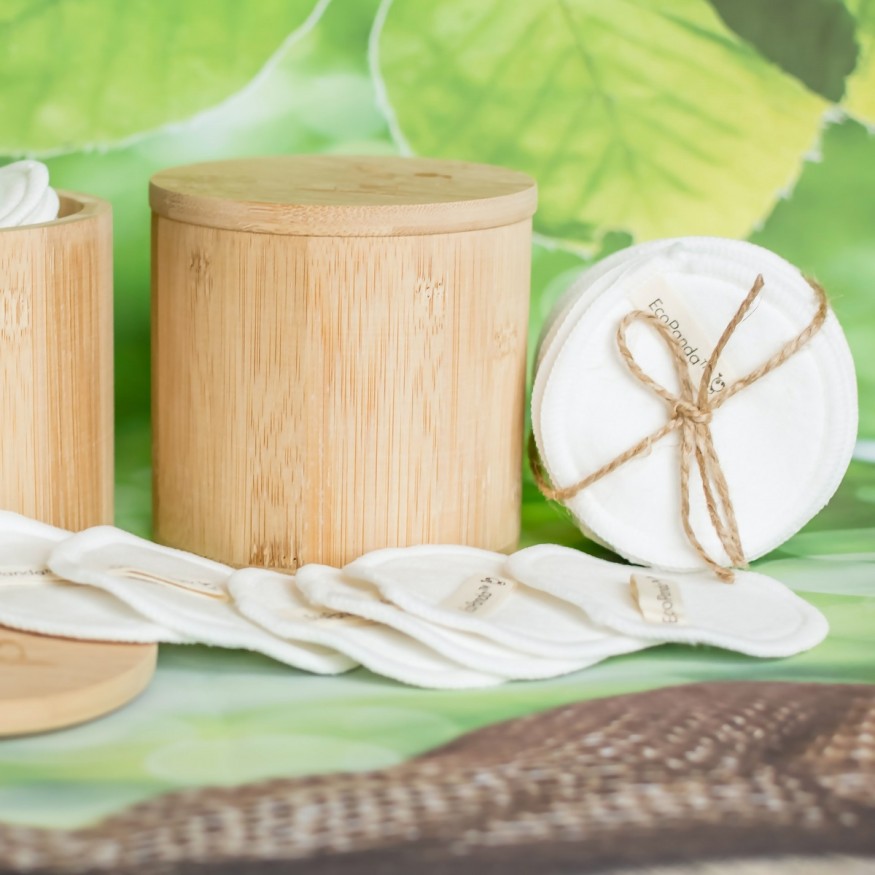
Years ago, purchasing decisions were dictated by style, fashion and price. There was little attention paid to how the raw materials were sourced and whether the working conditions at the factory were tolerable or fair. The environmental impact of the manufacturing process and the resultant pollution from all the chemicals and waste was not a consideration either.
Today, consumers are truly concerned about the state of our planet and environmental stewardship is an important issue to many across the globe. Increasingly, buyers are looking for both products and companies that care about the environment and have values that mirror their own. Prospective purchasers, especially within the ranks of millennials and the Gen Z generation, want to know they are spending their hard-earned dollars to purchase items from companies that truly care about what they care about.
The Rise of Sustainable Lifestyle Products
The trend toward more sustainable products within the marketplace has accelerated in recent years. For instance, in the past three years online searches tripled for the phrase 'sustainable fashion'. As they make their buying decisions, customers are making an informed, ethical choice to buy from companies who offer quality sustainable lifestyle products.
Within this product category, you will find artisan items that are produced using traditional methods. Some items will be certified as fair trade, while others might be created using a charitable model where the proceeds are largely returned to the makers who created the goods. Vegan products and offerings that are cruelty-free help assure that no animals are harmed in making the products.
The Influence of Social Signaling
Buying decisions are often far more complex than initially imagined. Layers of influences help shape the ultimate purchase choice. With sustainable products, consumers are seeking items that reflect their values and their sensibilities. They want to know that the companies they are buying from mirror their own concern about the environment and understand that the health of the planet is a personal priority for them.
As part of their purchase, consumers are using sustainable products to make a statement. In a way, the buyer feels that the sustainable product is a badge of honor that shows others that this is who they are and indicates that they truly care about the planet.
Affordable and Accessible: The Ultimate Goal
Although consumers have shown a willingness to pay more for sustainable products, the ultimate goal is to re-engineer the manufacturing model and make the products more affordable and accessible. Forward thinking companies are going back to the drawing board, and starting to look at the items they sell from a completely new perspective.
Raw materials are being evaluated to see if they can be eventually recycled or composted, rather than simply thrown into a landfill at the end of their use. When redesigned, the manufacturing process can often be streamlined which results in lower cost of production. When there is less raw material use and less waste, the savings can be passed along to consumers. Lower product price points also increase accessibility as more customers can afford to purchase sustainable goods.
With the health of the planet front and center in this time of climate change, customers are looking to buy from companies who have values that they believe in and match their own world view. Driven by millennials and Gen Z buyers and fueled by environmental concerns, the interest in sustainable products is here to stay.
© 2025 NatureWorldNews.com All rights reserved. Do not reproduce without permission.





